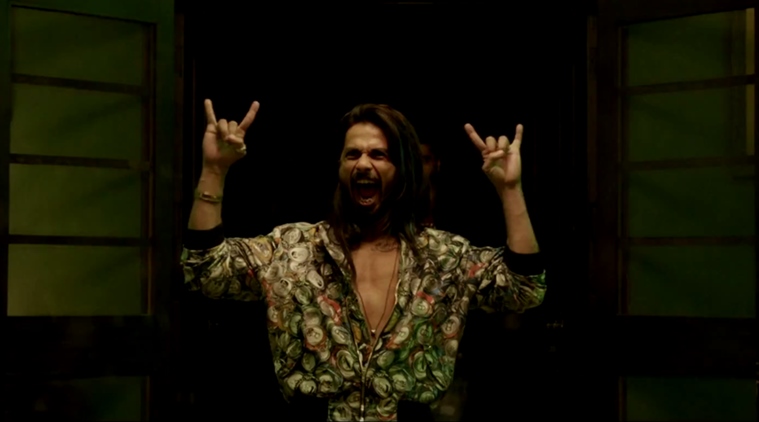Opinion Udta Punjab: Delete the cut
Court rightly snubs and cautions CBFC, but the validity of state censorship remains an open question

 The Udta Punjab issue gained salience for political reasons — it highlighted the drug problem in the state as it heads towards elections.
The Udta Punjab issue gained salience for political reasons — it highlighted the drug problem in the state as it heads towards elections.
For Pahlaj Nihalani, 13 has proved to be an unlucky number. Making a purposeful stride towards a more decent society and away from the nanny state, the Bombay High Court has struck down all but one of the 13 cuts sought to be imposed on Udta Punjab, and cleared the film for viewing with minor changes. In the course of delivering the judgement, it has made two significant observations. The most important is fairly obvious but needs to be reiterated for our absent-minded polity: The mandate of the Central Bureau of Film Certification (CBFC) is to certify, not to censor. If it is also referred to as the Censor Board, it is the result of a confusional state. The court’s second observation is that its time should not have been wasted with this matter, suggesting that the stakeholders involved, and the public discourse, could have settled it.
But while restricting the role of the CBFC, the ruling has left the question of censorship of the creative arts open. The court has approached the cuts in a piecemeal manner, leaving one intact — a scene in which the protagonist is seen urinating in public. On others, the court has appealed to a sense of reasonableness. On the issue of use of expletives and depiction of drug use, a modified disclaimer will now state that the film does not support these practices. The Udta Punjab issue gained salience for political reasons — it highlighted the drug problem in the state as it heads towards elections. But the court has found no evidence that the film was conceived as a political intervention. But just in case — and rather oddly — it requires the disclaimer to aver that the film does not depict a particular state. Presumably, the gullible audience is expected to believe that it only depicts a particular state of mind.
Indeed, the main questions raised by the Udta Punjab controversy concerned the reasonableness of the CBFC. But it also involved the issue of the interplay of free speech, public taste and censorship. In the interest of clarity, the court could have pushed home the principle of freedom and struck down the last surviving cut. Because in a mature democracy, organs of the state cannot be allowed to erase or alter creative work according to its anxieties or neuroses of the day.





